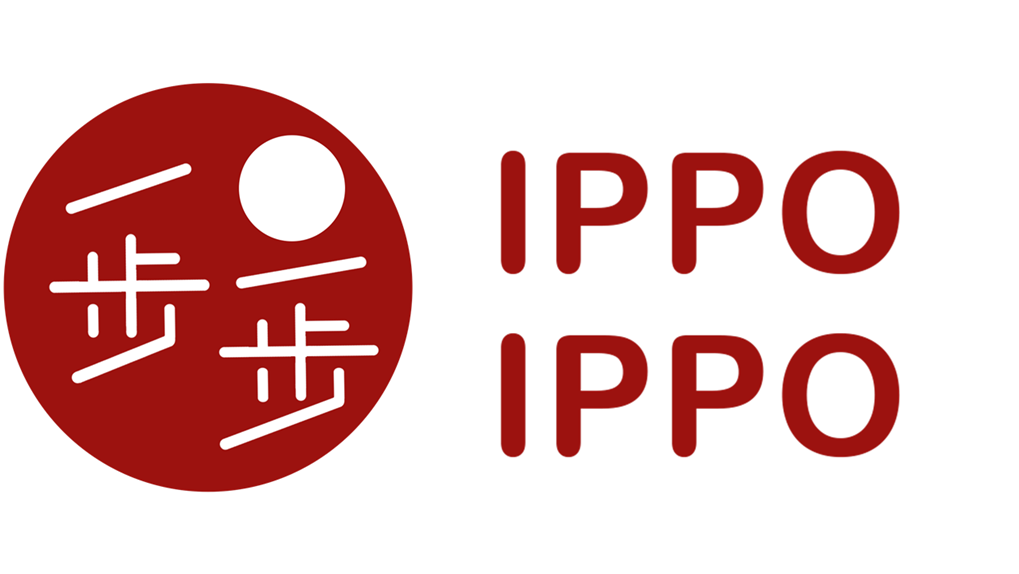Welcome to a very special guest post from my friend Tokie Tanaka, Osaka local and tour guide extraordinaire.
Tokie is a runs tours and local activities all over Japan via her business, Localests, and speaks not only Japanese and English, but also Swedish! Should you be lucky enough to try out one of her tours, I promise you'll be treated to a fantastic wealth of knowledge on Japanese culture, history and all the best spots for food, accommodation and more.
If you enjoy this post, consider getting in touch with Tokie or giving her a follow on Instagram. If you can't travel to Japan right now, she does virtual tours too.
Hoping to visit Japan this year or perhaps next? Check out my Travel Japanese course.
Without further ado, here's Tokie's intro to 5 Essential Osaka-ben (Osaka Dialect) Phrases.
Osaka is the main city of West Japan, where about 8.5 million people live, and people there have different dialect as well as culture from the Tokyo area. Osaka dialect is often spoken by comedians and the dialect is quite commonly heard on TV programmes all over the country (on mainly comedy though).
These below are some typical words in the Osaka dialect.
1. Ōkini おおきに(おーきに):Thank you
This is the most typical Osaka word you may learn, but actually you don't hear people saying this word so often. Young people know the word but don't have many occasions to use it. You'll have a chance to hear the word in some local markets and stores. Anyway, everybody becomes happy to hear you saying this word.
2. Nandeyanen なんでやねん:No way / You've got to be kidding / What the hell?
This is another typical Osaka phrase that's very well known, but also not heard very often in daily life. Osaka is a city of comedy, and some stereotypical comedians may say this when their partner says something ridiculous. Everybody understands it, so you can try using it and people from Osaka will love to hear the phrase - though it can be hard to find the right timing!
3. Seya せや:Yes / That's true
Ok, this is a more useful word than those two above. In standard Japanese, this is the same as sō (そう).
Seya (せや) often comes with another word attached, which can make the meaning slightly different. For example:
- Seya nen せやねん Yes (as you know/see)
- Seya de せやで Yes (you didn't know that?)
- Seya na せやな Yes (it seems so)
4. Chau ちゃう:No / That's not right
This word comes from chigau (ちがう) in standard Japanese and like seya (せや), is often heard.
People tend to say this word twice, like chauchau (ちゃうちゃう). There is also a tongue twister, "Chauchau chaunchau?" (ちゃうちゃうちゃうんちゃう?), which means "It's not a chow chow (breed of dog), is it ?"
5. Hona ほな:Then / See you
This word comes from soredewa (それでは) in standard Japanese, and the basic translation is "then", meaning "in that case". Sometimes people from Osaka just say "hona" (ほな) when leaving a place - just like jaa ne (じゃあね) in standard Japanese - to mean "see you".
There are more Osaka words which Osaka people use in their daily lives and sometimes they don't notice it’s their own dialect but they believe it’s common Japanese words.
Osaka people also understand Tokyo dialect or standard Japanese (though some of them believe their way of speaking is the standard Japanese as they feel a kind of rivalry against Tokyo), but in any case, it's fun to speak to them in Osaka dialect when you travel in the region!
You've reached the end of this post! I hope you enjoyed it.
For updates on posts like this sent straight to your inbox, sign up to my newsletter (sent no more than once a month):

Support Me on Ko-fi
If you've enjoyed this post and would like to see more like it in future, please consider sending a donation - however small! - via Ko-fi. I don't include any affiliated links or ads on my blog, so every little helps!
Please donate via the portal below or by going directly to the Ippo Ippo Japanese Ko-fi page.







